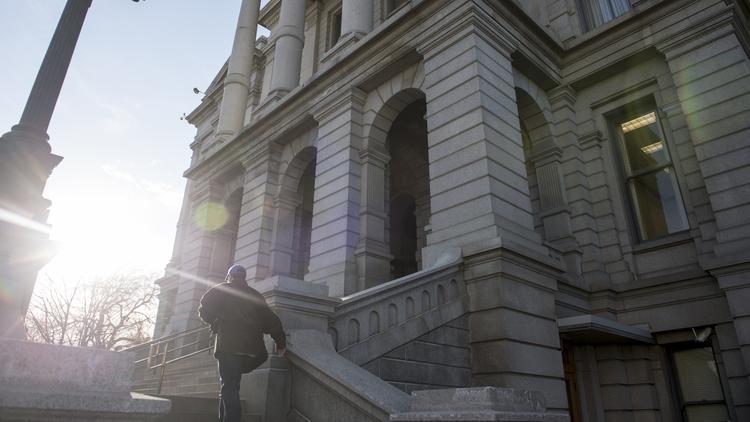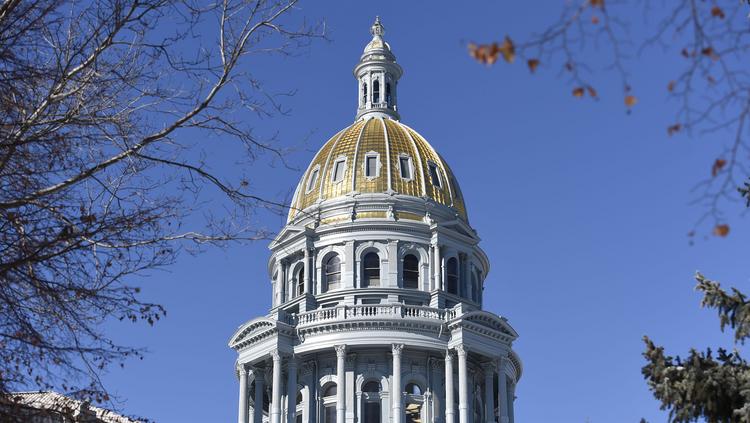Colorado state Senate Republicans killed a second attempt Tuesday to re-establish a tax that could cost special districts some $6.9 million this fiscal year and then adjourned what might have been the least productive special session in the history of the state Legislature.
The final gavel, which came down at 2:23 p.m., ended two official days and several unofficial weeks of wrangling over whether the Legislature could fix an error it made in Senate 267 — the omnibus bill from the 2017 regular legislative session that boosted transportation funding, reduced business personal property taxes and freed up room under the state’s revenue cap by turning the hospital provider fee into an enterprise fund.
The error occurred when the bill inadvertently eliminated the ability for special districts to levy sales taxes on retail marijuana — a change that most affected the Regional Transportation District, which is slated to lose $6 million through June 30 because of it.
Legislative Democrats, with the backing of Gov. John Hickenlooper, offered two bills during the two-day special session that sought to clarify that special districts do have the ability to collect sales taxes on that uniquely Colorado project.




